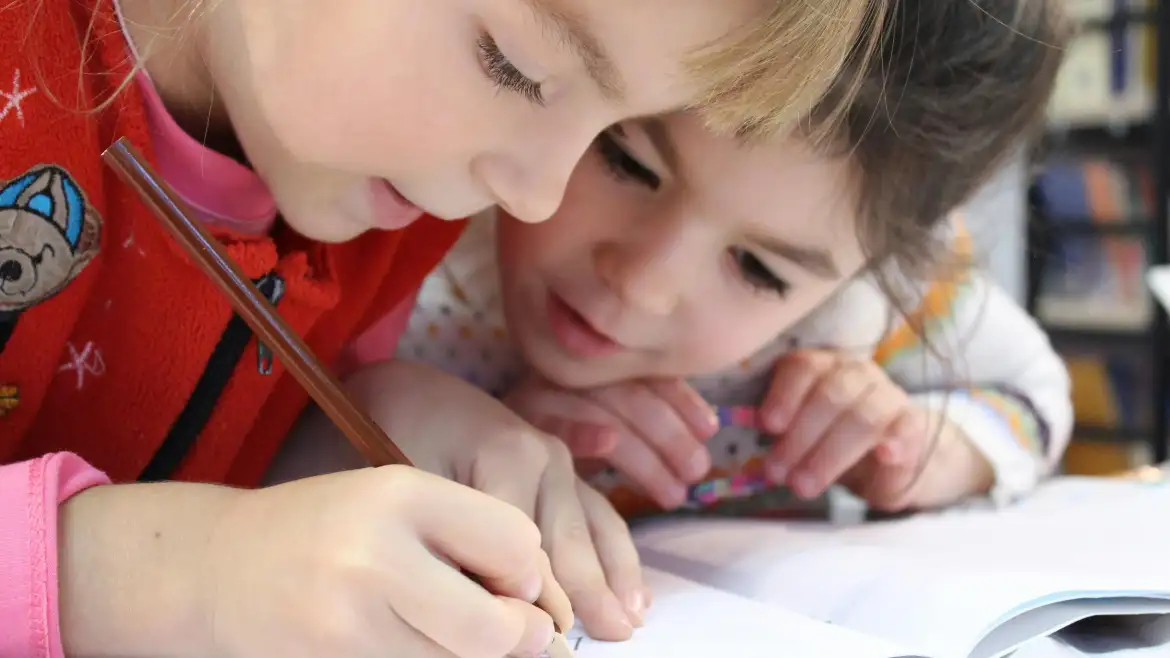Choosing the right preschool is a huge step for your child—and for you! In Singapore, many families start with an ecda preschool because it’s trusted, regulated, and offers lots of support for early childhood education. But what do you really need to know before enrolling? In this guide, we go beyond the basics and share 8 must-know insights every parent should consider before picking an ecda preschool. Whether you’re a first-timer or switching schools, this article is packed with practical tips, real parent stories, and expert advice.
1. Real Parent Experiences: What It’s Really Like at an ECDA Preschool
While every brochure promises the best, nothing beats learning from parents who’ve experienced an ecda preschool first-hand. Many parents share that their children needed a bit of time to adjust, but with supportive teachers and a warm atmosphere, most kids quickly feel at home. Visiting the school, joining orientation sessions, and chatting with teachers helped many families ease the transition. If you can, reach out to parents whose kids attend your shortlisted schools—you’ll get honest feedback about the school culture and what to expect day-to-day.

2. Comparing Curriculums: Not All ECDA Preschools Are the Same
Did you know that every ecda preschool in Singapore follows strict quality guidelines, but each one still has its own unique style? While most blend structured learning with play-based activities, you’ll also find centres that include bilingual lessons, music, art, or STEM. Some may incorporate elements from Montessori, Reggio Emilia, or other popular educational philosophies. When exploring options, ask about daily routines, enrichment classes, and how teachers adapt to different learning styles. Finding the right curriculum fit can make a huge difference in your child’s love of learning.
If you want to understand more about the foundations of early childhood education, check out this comprehensive guide on early childhood education.
3. Understanding Fees & Subsidies at ECDA Preschools
Worried about the cost? Fees at an ecda preschool can vary, especially between partner operators and private centres. Most charge a monthly fee that covers lessons, activities, and meals. Expect some extra costs for registration, uniforms, or field trips. Luckily, Singapore’s subsidy system makes quality early education affordable. The Basic Subsidy applies to all Singaporean children, and working mothers may receive higher subsidies. Plus, there’s an Additional Subsidy for families with lower household incomes. After subsidies, some families pay as little as $3 to $385 per month.
4. How to Choose the Right ECDA Preschool: A Step-by-Step Guide
Picking the best ecda preschool goes beyond just the nearest location. Here’s a simple approach:
- Make a shortlist using the ECDA preschool search tool.
- Visit each school—observe classroom dynamics and ask about teacher-child ratios, cleanliness, and routines.
- Use a checklist to compare curriculum, facilities, and enrichment activities.
- Ask about teacher qualifications and communication methods.
- Consider convenience—think about operating hours, location, and transport options.
- Trust your gut! The right ecda preschool should feel safe, welcoming, and right for your child’s needs.
5. Support for Children with Special Needs in ECDA Preschools
If your child needs extra support, an ecda preschool can be a great choice. Many offer inclusive classrooms where all children learn and play together. Teachers receive special training to adapt lessons for different needs, and ECDA works with early intervention professionals to provide therapy and support where needed. If you suspect your child may benefit from additional help, talk to the principal early on. Many parents find that open communication with teachers and the school community makes a world of difference.
6. Registration Process & Timeline: What Parents Need to Know
Applying to an ecda preschool isn’t difficult, but early planning helps. Most families start looking when their child is around 18 months to 2 years old, since some schools have waiting lists. You’ll need documents like your child’s birth certificate, proof of address, and immunization records. Some schools have specific registration windows, while others are open year-round. After applying, your child might be waitlisted, but orientation sessions help new families settle in smoothly.
7. Teacher Qualifications & Training at ECDA Preschools
The teachers at every ecda preschool must meet strict ECDA standards, including early childhood certifications and regular professional development. Many centres also offer mentorship for new teachers. This means your child will be guided by qualified, passionate educators who are skilled at fostering curiosity, independence, and kindness. Don’t hesitate to ask about teacher training and turnover rates during your school visit—it shows you care about quality.
Learn more about the value of Early childhood education Singapore.
8. Enrichment & Extracurricular Activities: Beyond Academics
A well-rounded ecda preschool experience isn’t just about ABCs and 123s! Many schools offer enrichment activities like music, art, basic sports, and nature walks. These experiences help kids discover their interests, build confidence, and develop social skills. When visiting, ask about the range of activities, how they’re integrated into daily routines, and if there are optional after-school programmes. A great preschool makes learning fun both inside and outside the classroom.

Frequently Asked Questions about ECDA Preschool
1. Is my child ready for an ECDA preschool?
Most children start between 18 months and 3 years. Look for curiosity and simple self-help skills.
2. How safe are ECDA preschools?
Safety is a top priority—expect secure premises, regular cleaning, and emergency drills.
3. What food is provided?
Balanced meals and snacks, with dietary accommodations if needed.
4. How do teachers handle discipline?
Positive guidance only—no corporal punishment. Ask about specific approaches at your centre.
5. How can I help my child adjust?
Visit together before the first day, keep routines predictable, and maintain positive communication with teachers.
6. What if my child has allergies or medical needs?
Let the preschool know early; most are very accommodating.
7. How do I communicate with teachers?
Daily updates via apps, communication books, or regular parent-teacher meetings.
8. Are there bus services?
Some ECDA preschools offer transport—check with your chosen centre.
9. How do I apply for subsidies?
Your preschool or ECDA can help you with the process and required documents.
Checklist: Getting Ready for Your ECDA Preschool Journey
- Visit your shortlisted ECDA preschools together with your child.
- Start short separations at home to build independence.
- Set up a daily routine that matches preschool timings.
- Label your child’s belongings.
- Talk about preschool positively.
- Share important information with teachers (allergies, routines).
- Organise all documents and prepare for registration.
- Connect with other parents for tips and support.
Conclusion & Call to Action

Choosing an ecda preschool is an exciting milestone for your family. With the right information and preparation, you’ll find a centre where your child can grow, explore, and make lifelong friends. Ready to take the next step? Visit Little Unicorn Preschool’s contact page for friendly advice or schedule a school tour today. For more on early childhood education and Singapore preschool options, visit littleunicornpreschool.com.
Your child’s learning journey starts here!



